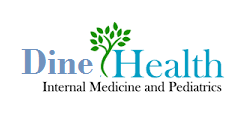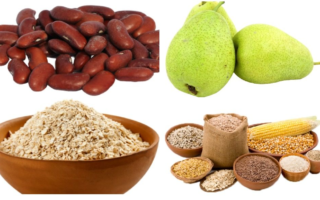Vaginal or natural delivery is the most common type of birth. It is marked by shorter hospital stays, quick recovery and minimal medical intervention. Epidurals are resorted to when it is absolutely necessary. It comes with benefits like minimal risks of blood transfusion, better brain development of the baby and the release of pain-relieving hormones. But external factors often play a big role in the success of normal birth.
Proper diet plans and exercise in the pre-and post-natal stage are vital. A combination of both keeps the mother and child healthy. It can lower the chances of medical complications and help you avoid stress and fatigue. Take a look at how else they can have a positive impact on pregnancy and ease the process of natural delivery.
The Right Diet
Proper nutrition will nourish your body thoroughly. It can also help you become stronger enough to push out the baby and reduce labour and delivery discomforts. A balanced meal will reduce the risks of foetal mortality, birth defects, poor brain development and intra-uterine growth retardation too. Make sure your foods are high in vitamin C, iron, fat, folic acids, choline and calcium. Work closely with a dietician to avoid excess weight gain in the process. Or else you might have health complications while delivering. Gaining 11-15 kgs is ideal. Consider the following tips for a safe delivery:
- Munch on quick snacks like cheese, crackers, ice creams and yoghurt.
- Eat 4-5 small meals rather than 3 big ones.
- Avoid whole milk products to maintain a healthy weight
- Consider baking, grilling and boiling as food preparation methods.
Energizing meals are vital for normal delivery. You can consider peanut butter, sweet potatoes, sandwiches and bananas that are well-planned options. You can also add pineapple, eggplants, dates and spicy food to get labour going. However, make sure your BMI is under control. This is why exercise is necessary before vaginal delivery. Search for the ‘best children hospital near me’ and consult a health expert before altering food habits.
Exercise
Physical activities can reduce a range of pregnancy troubles. For example, swelling, bloating, backaches and constipation stay under control with 20-30 minutes of exercise. You will also experience a change in your mood and energy levels. The right kind of exhaustion eliminates sleep complications and helps you to rest better.
Strong muscles can help deal with labour cramps and contractions. This can be achieved with the Kegel exercise. It helps you strengthen the pelvic floor, bladder, bowels and uterus. This is vital to deliver the child without complications. The mother starts to develop the ability to control her muscles and relax accordingly during vaginal birth. Brisk walking, swimming, yoga, riding stationary bikes, Pilates and low-impact aerobics can be helpful too. Most of them are safe and highly effective to improve posture and manage pain.
Look for the ‘best children hospital near me’ that offer online antenatal fitness sessions. You can get information on nutrition, physiotherapy and yoga. Details on postural awareness, back care and strengthening exercises in pregnancy are also provided for better care.


